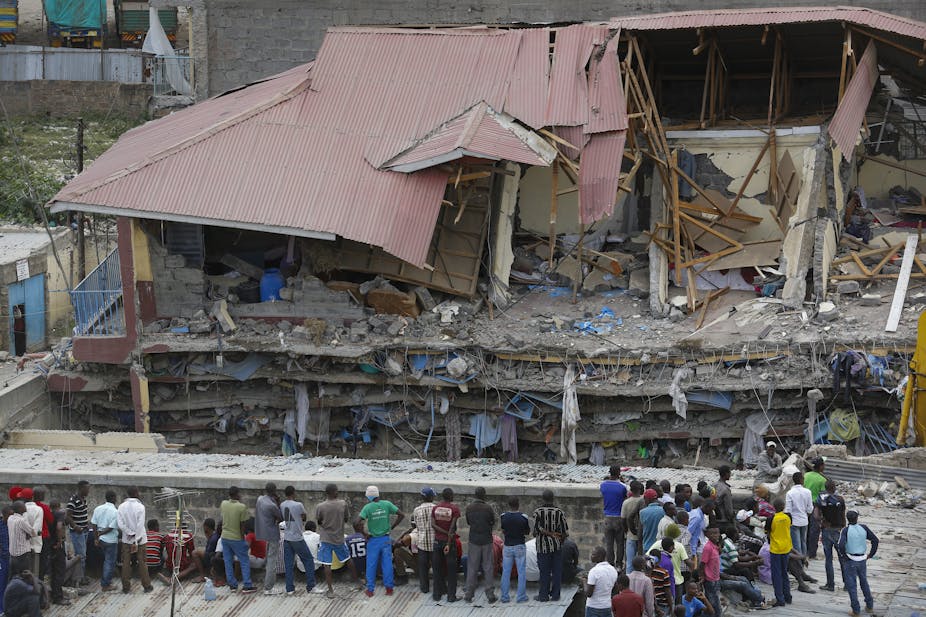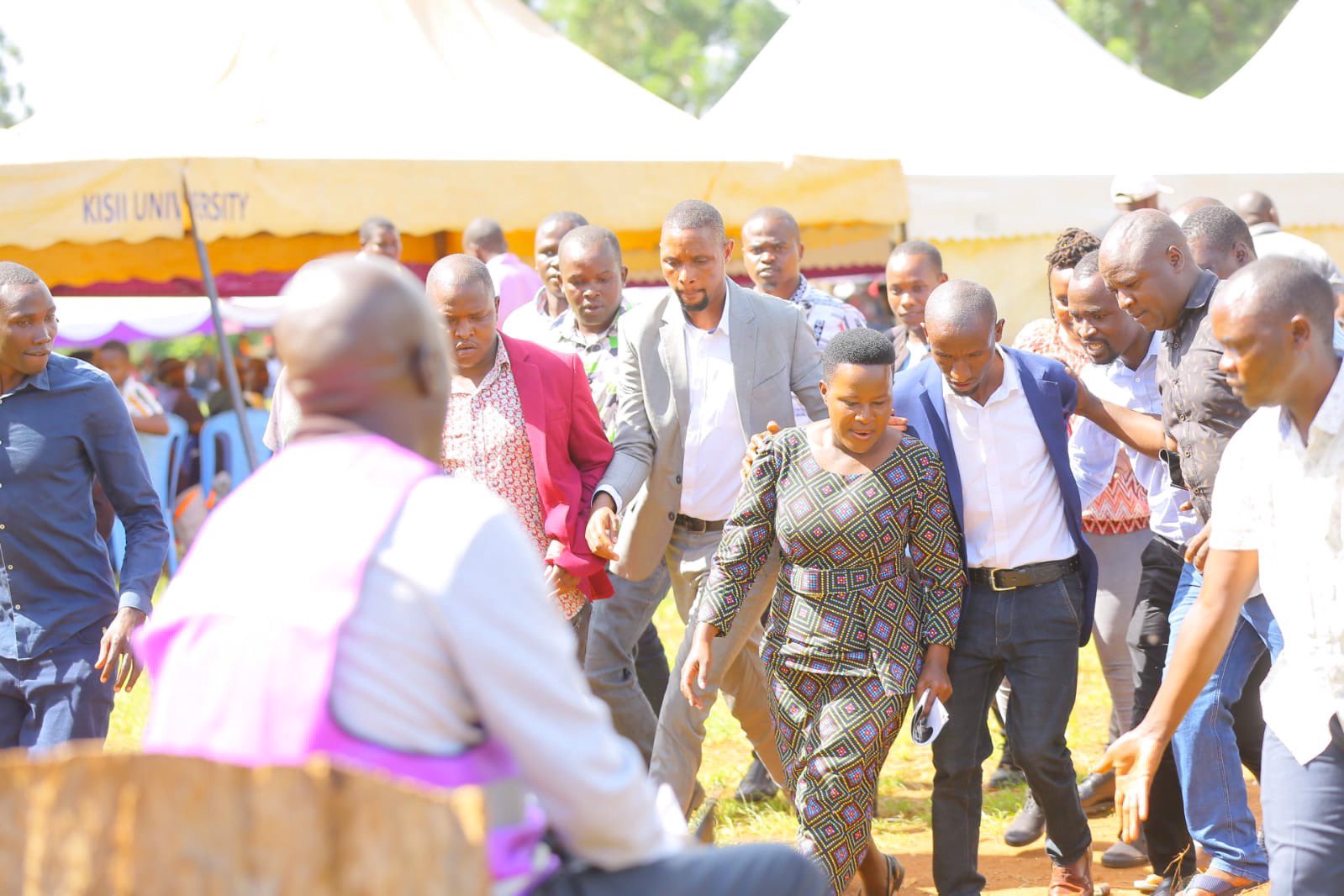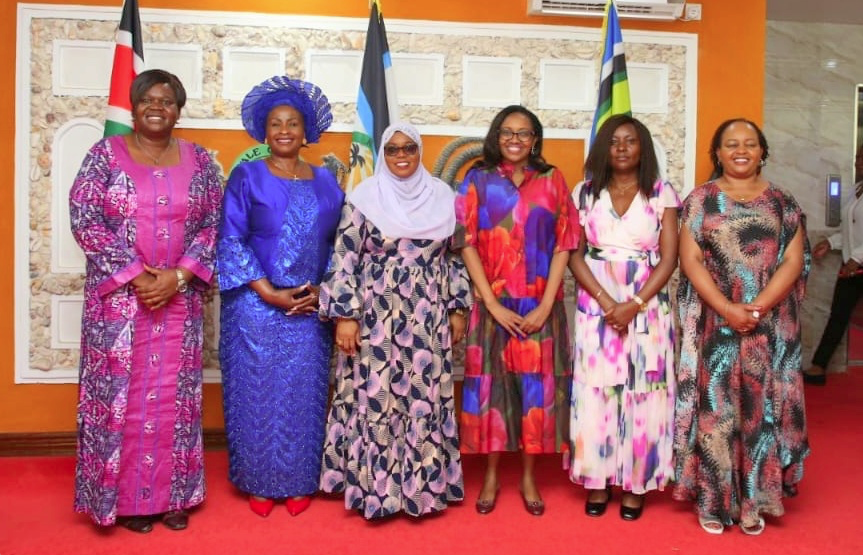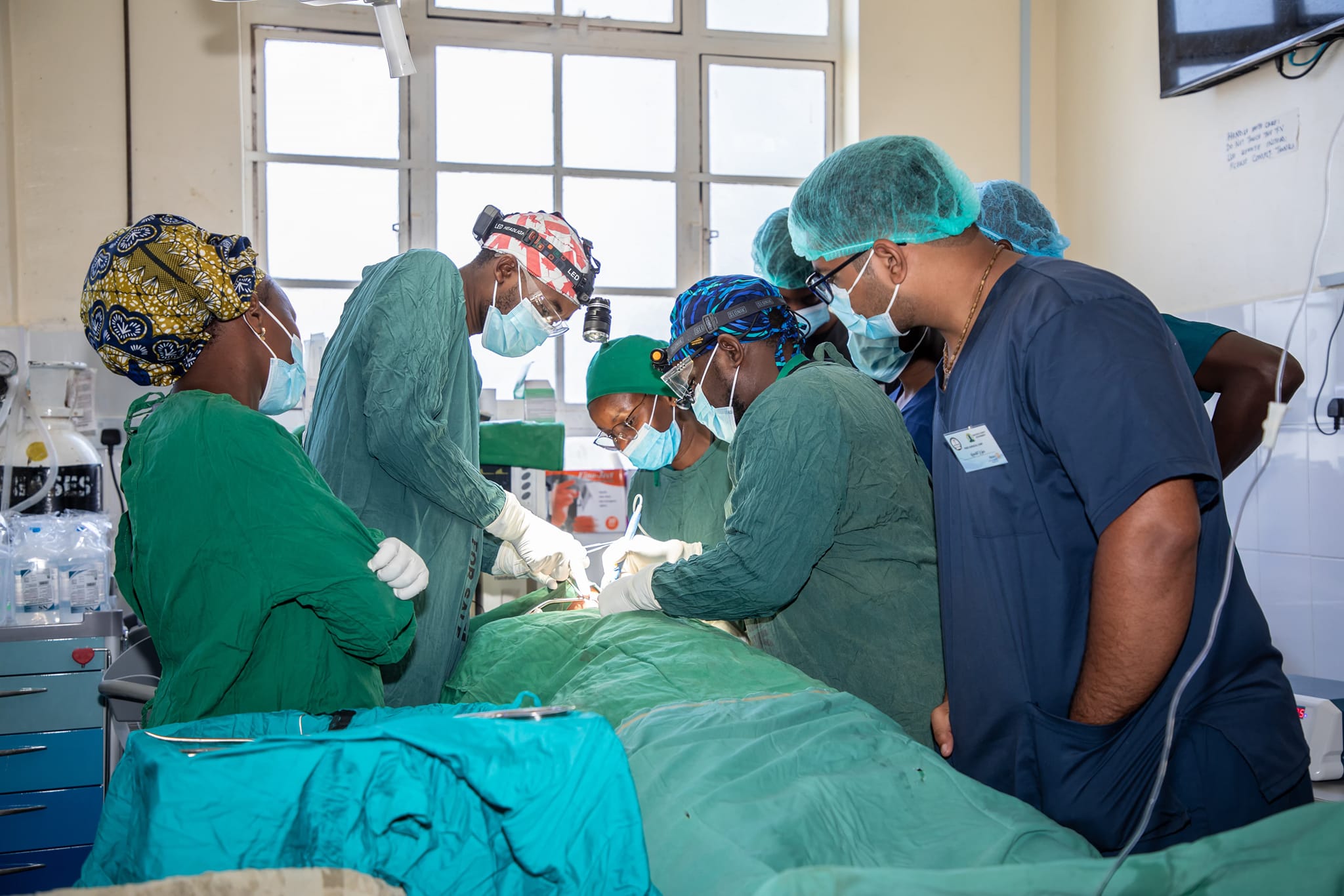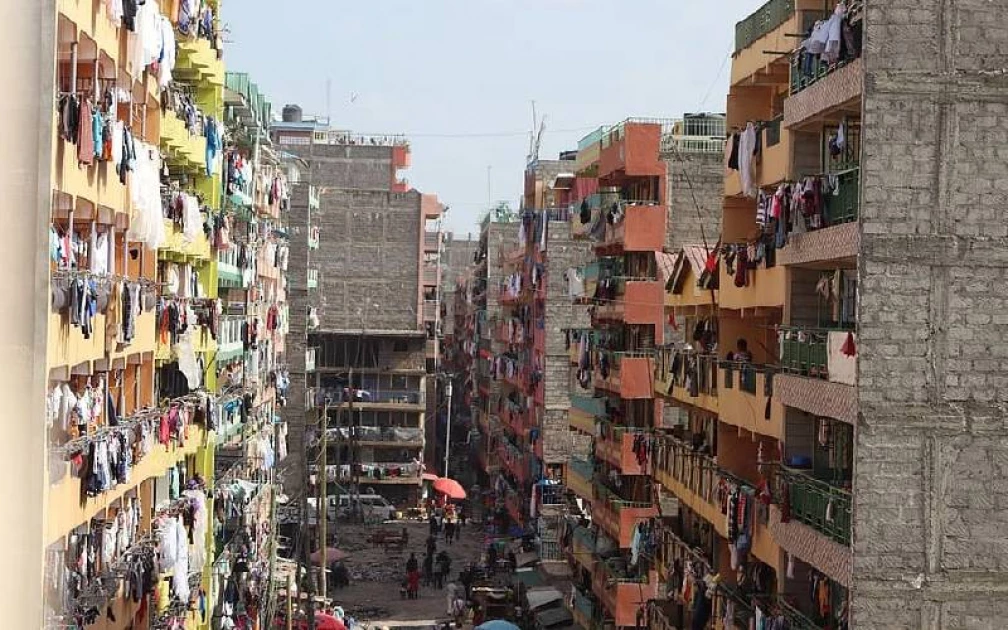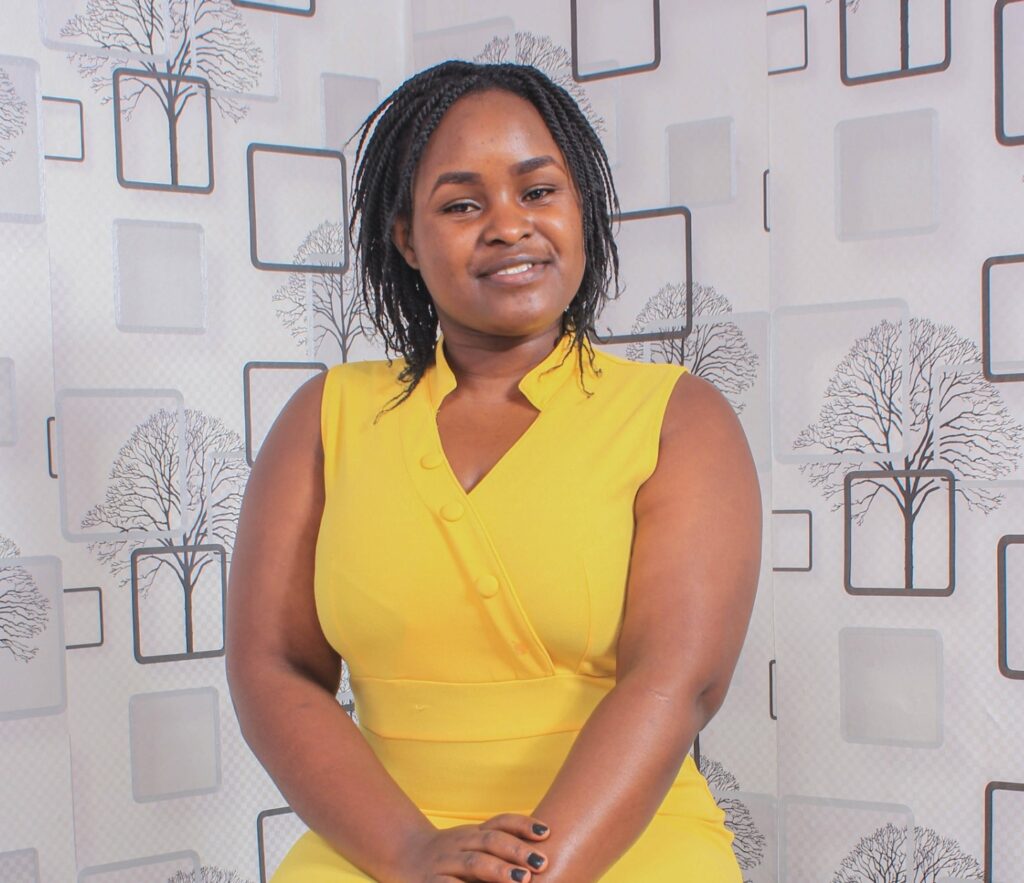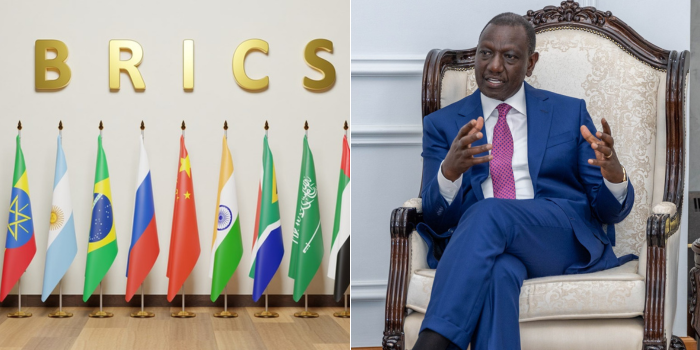Bridging the Justice Gap: How Technology is Revolutionizing Access to Justice
Explore how technological advancements like AI and blockchain are revolutionizing access to justice in ‘Bridging the Justice Gap: How Technology is Revolutionizing Access to Justice.’ Discover global examples, including Kenya’s mobile courts and online dispute resolution platforms, and their impact on marginalized communities. Dive into ‘Bridging the Justice Gap: How Technology is Revolutionizing Access to Justice’ and learn how AI, blockchain, mobile courts, and online dispute resolution platforms are making legal services more accessible and affordable. Highlighting global and Kenyan examples, this article explores the impact of technology on marginalized communities. Optimized for both Kenyan and international audiences.
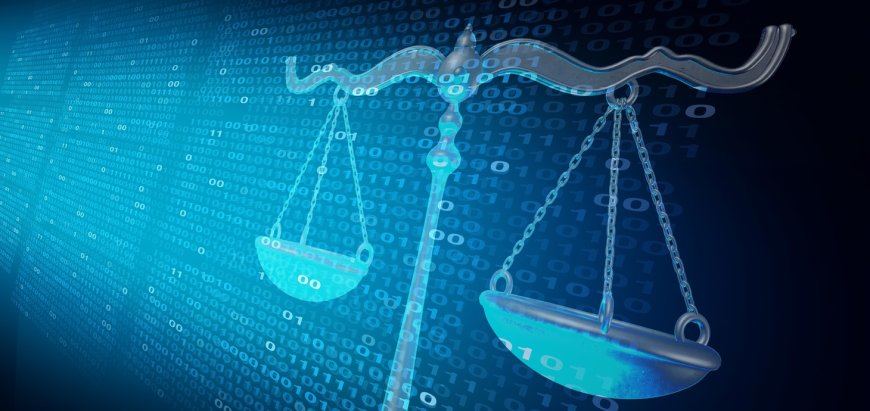
Welcome to the 21st century, where technology isn’t just for sending memes and binge-watching series—it’s also revolutionizing access to justice. Imagine a world where legal services are as accessible as your favorite streaming service, and justice is just a click away. This isn’t a sci-fi fantasy; it’s happening right now, thanks to advancements in AI, blockchain, and other cutting-edge technologies. Let’s explore how these innovations are bridging the justice gap, with a special spotlight on Kenya’s mobile courts and online dispute resolution platforms.
AI: The Legal Assistant You Never Knew You Needed
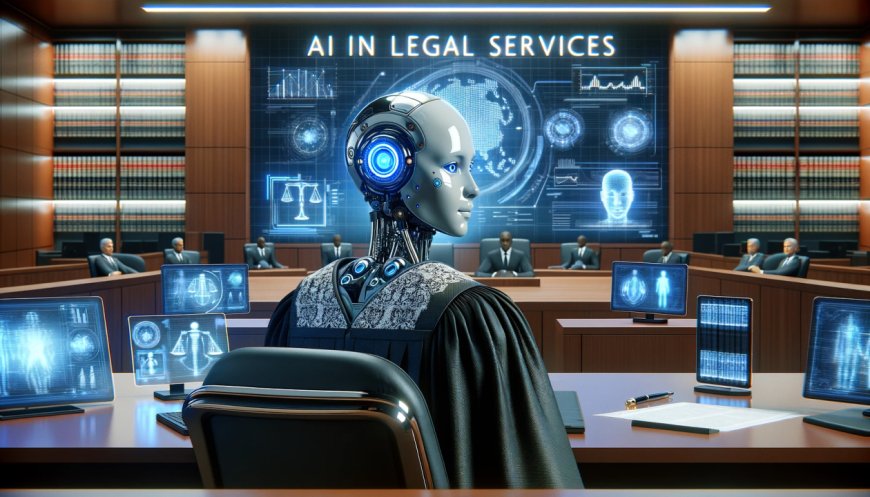
Artificial Intelligence (AI) is like having a super-smart legal assistant who never sleeps. In Kenya, AI is transforming the legal landscape by automating routine tasks, reducing costs, and providing online legal assistance. Imagine AI-powered chatbots that can answer legal questions, draft documents, and even predict case outcomes. This isn’t just about convenience; it’s about making legal services affordable and accessible to everyone, especially marginalized communities.
Globally, AI is being used to analyze vast amounts of legal data, identify patterns, and provide insights that were previously unimaginable. For instance, in the United States, AI tools are helping public defenders manage their caseloads more efficiently, ensuring that even those who can’t afford a lawyer get the representation they deserve.
Blockchain: The Trustworthy Ledger
Blockchain technology, often associated with cryptocurrencies, is making waves in the legal world too. Think of blockchain as a digital ledger that records transactions in a secure, transparent, and tamper-proof way. In Kenya, blockchain is being explored to streamline land registries, reducing fraud and ensuring that land ownership records are accurate and accessible.
On a global scale, blockchain is being used to create smart contracts—self-executing contracts with the terms directly written into code. These contracts automatically enforce and execute themselves when certain conditions are met, reducing the need for intermediaries and making legal processes faster and more efficient.
Mobile Courts: Justice on Wheels
Kenya’s mobile courts are a game-changer, bringing justice to the doorsteps of those who live in remote areas. These courts travel to underserved regions, providing legal services to people who would otherwise have to travel long distances to access justice. It’s like having a courtroom on wheels, ensuring that justice is not just a privilege for the urban elite but a right for all.
Online Dispute Resolution: Settling Disputes in Cyberspace
Online Dispute Resolution (ODR) platforms are another technological marvel making justice more accessible. These platforms allow parties to resolve disputes online, without the need to step into a courtroom. In Kenya, ODR is being used to settle small claims and commercial disputes, saving time and reducing the backlog in traditional courts.
Globally, ODR is gaining traction in various sectors, from e-commerce to family law. Platforms like eBay’s Resolution Center handle millions of disputes annually, demonstrating the potential of ODR to provide efficient and effective justice.
Impact on Marginalized Communities
The true power of these technological advancements lies in their ability to democratize access to justice. Marginalized communities, who often face barriers such as high legal fees, lack of information, and geographical constraints, stand to benefit the most. By reducing costs, increasing efficiency, and providing remote access, technologies like AI, blockchain, mobile courts, and ODR are ensuring that justice is truly for all, not just some.
Conclusion
The justice gap is real, but technology is helping to bridge it. From AI-powered legal assistants to blockchain-secured land registries, mobile courts, and online dispute resolution platforms, the future of justice is bright—and it’s digital. As we continue to innovate and embrace these technologies, we move closer to a world where justice is accessible, affordable, and fair for everyone.
So, the next time you think about technology, remember: it’s not just about gadgets and gizmos. It’s about creating a more just and equitable world. And in this revolution, we all have a part to play.
What's Your Reaction?







